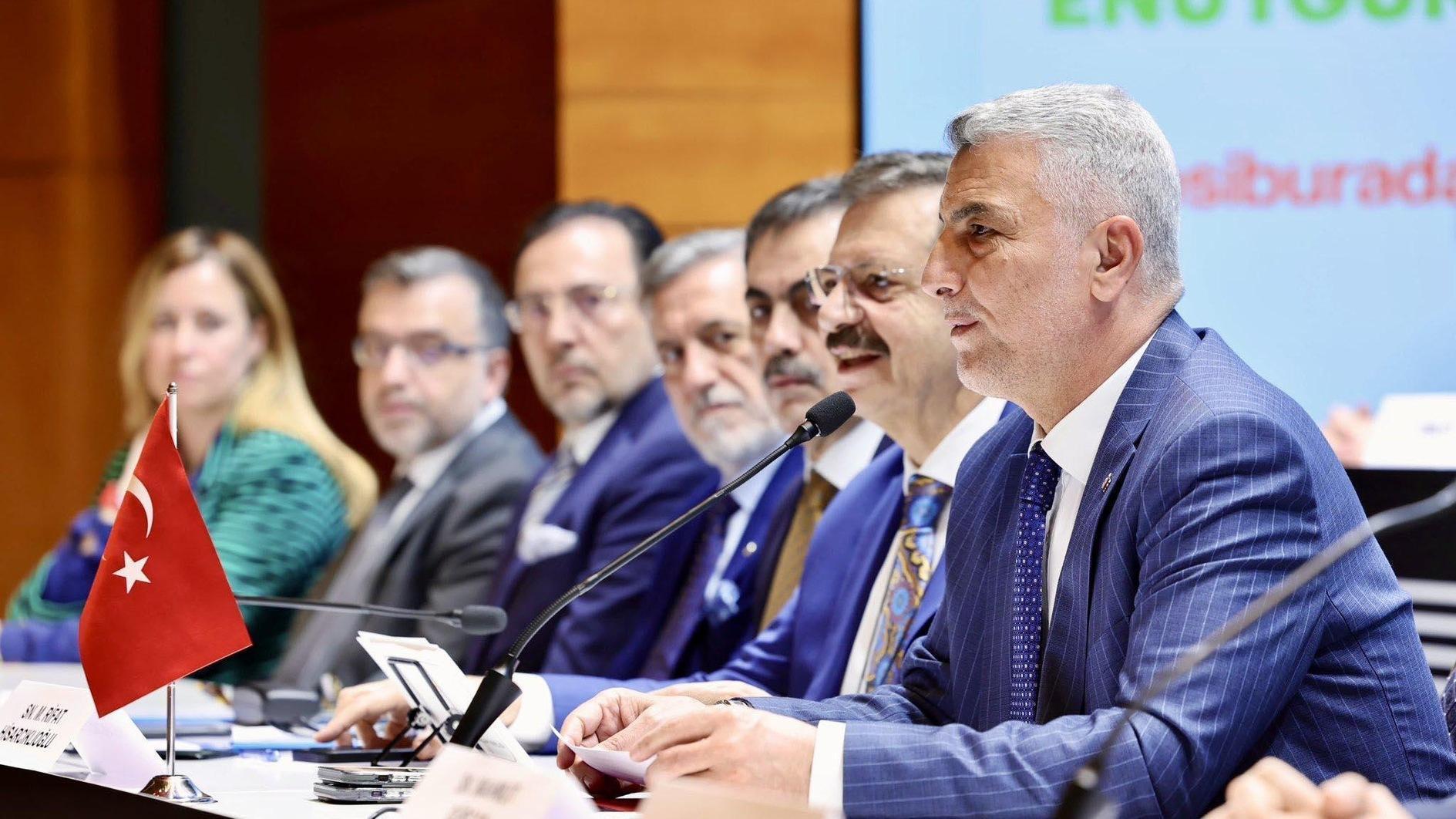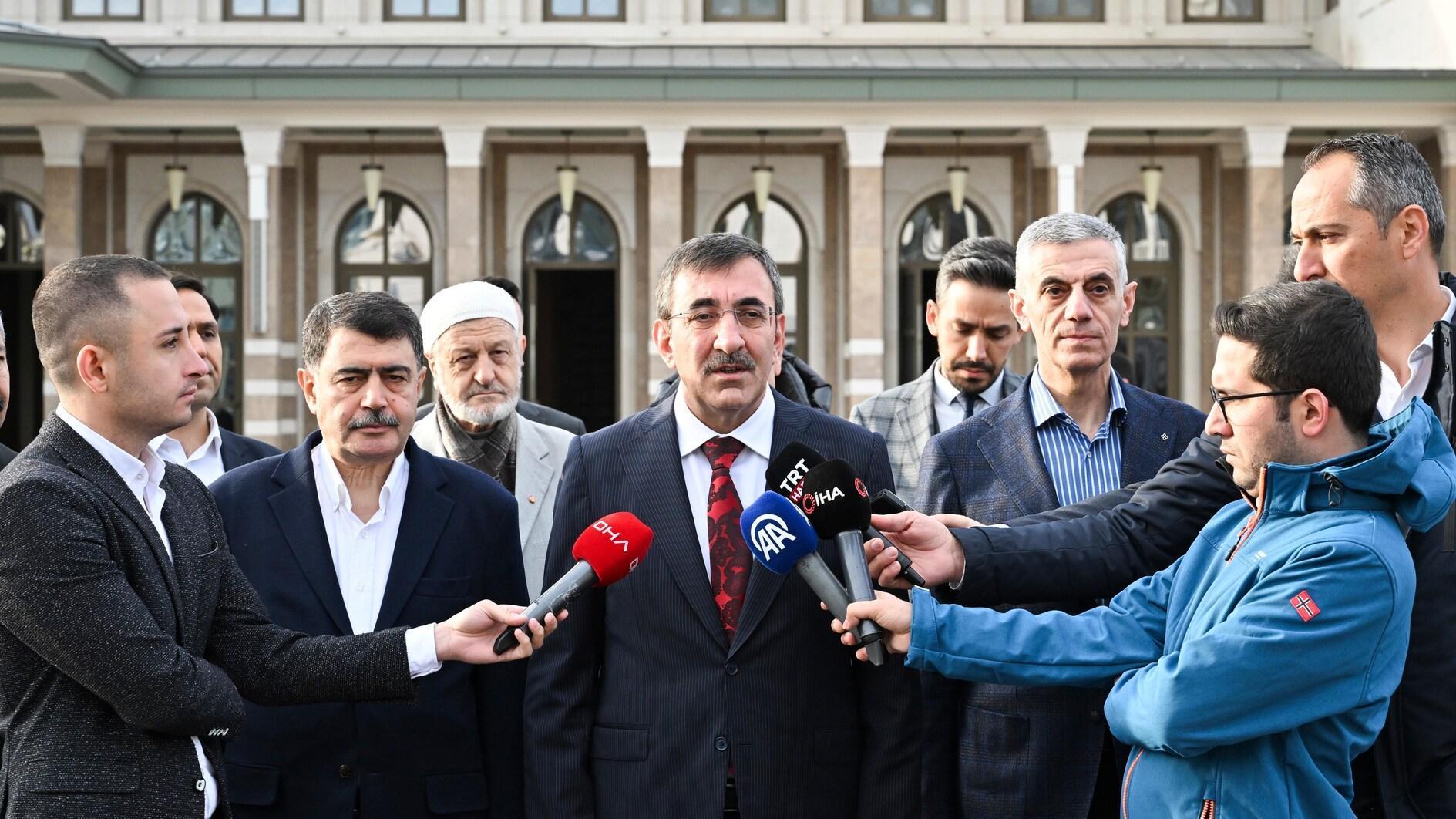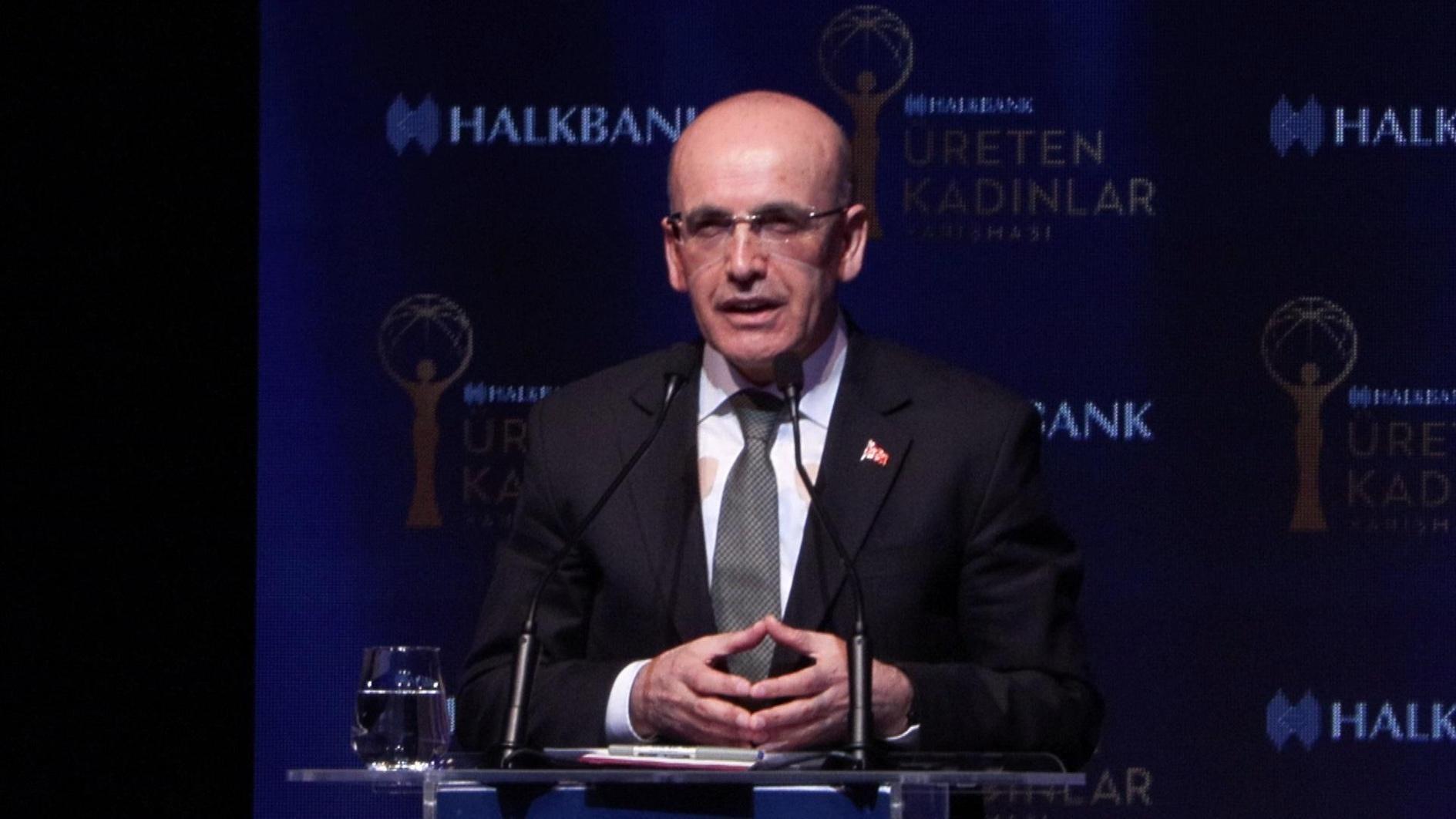What do international circles want for Turkey?
“The Europe of companies wants Turkey in,” a high level Turkish official told me, adding that although “Turkey means business” Europe still cannot invest as much as it wants in the country.
The Europe of governments, however, has fallen victim to populism, long maintaining its distance from Turkey’s already slow accession to the 28-nation bloc.
Turkey’s economic performance over the last decade has been a major source of attraction for foreign investors. But the real key to investor confidence lay in its political stability and the initial urge of the Justice and Development Party (AKP) government to solve Turkey’s key problems that constituted stumbling blocks in its path.
The Kurdish problem is one of Turkey’s most vital issues that still needs to be solved. The reconciliation initiative that was started by the AKP and the relative peace that followed made Turkey even more attractive in terms of lucrative business investment.
In contrast to the average Turk’s conviction that the West wants a weak and divided Turkey, the Western economic and political elites actually want a stable Turkey. This is particularly the case when it stands as the strongest country holding things together while surrounded by a region on fire.
So, ideally, international circles would prefer a coalition between the AKP and the pro-Kurdish Peoples’ Democratic Party (HDP), which are the two main actors in the reconciliation process. In addition, such a coalition would help improve relations with the Kurds of Syria, in turn facilitating the fight against the Islamic State of Iraq and the Levant (ISIL).
However, international circles are well aware that permanent Turkish-Kurdish reconciliation cannot be achieved if the constituencies of the Republican People’s Party (CHP) and the Nationalist Movement Party (MHP) end up hugely resentful.
So, pragmatically, they would prefer an AKP-CHP coalition. Not only would this coalition be able to continue the peace process, it would also ease polarization in the country. An AKP-MHP coalition, on the other hand, would be the worst-case scenario, not only sliding Turkey toward more conservatism but also carrying the risk of a revival of armed conflict within the country.
An AKP-CHP “grand coalition” would likely be welcomed by international economic and political circles, but their optimism would have to remain cautious. Such a coalition would not be easy to sustain, especially with the figure of President Recep Tayyip Erdoğan hanging like the Sword of Damocles above both the AKP and the CHP.











